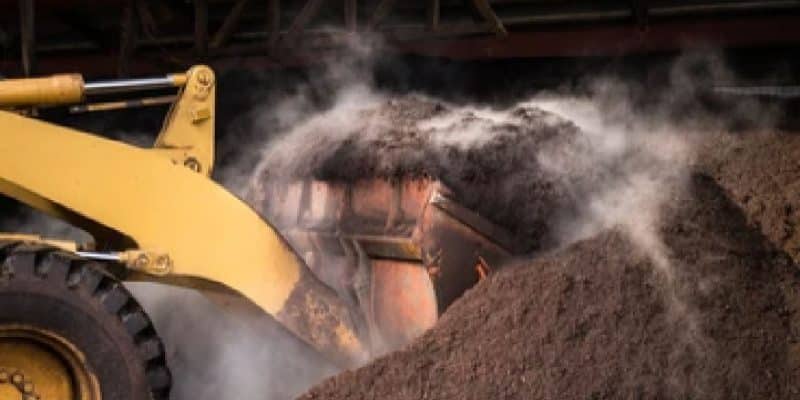The Accra Metropolitan Assembly (AMA) and the C40 Cities Climate Leadership Group, a global network of mayors committed to fighting climate change, are launching the "Solid Waste Source Separation and Community Composting Mission" in Accra, Ghana. The initiative will reduce methane emissions that are partly responsible for global warming.
In Accra, waste generates an average of 44% of methane emissions, 30% of which is responsible for global warming. This is according to Hastings Chikoko, the Africa Regional Director of the C40 Cities Climate Leadership Group. He was speaking at the launch of the “Solid Waste Source Separation and Community Composting Mission” project in the Ghanaian capital. This is an initiative that focuses on waste recovery, with the aim of reducing landfilling and open burning.
The C40, a global network of mayors committed to fighting climate change, is implementing the project in the Ghanaian capital in partnership with the Accra Metropolitan Assembly (AMA). The initiative will benefit three low-income communities in Accra. According to the AMA, the daily production of solid waste in Accra is 0.70 kg per capita. The city has an estimated population of 2.6 million.
Waste to fertiliser for agriculture
The C40 Climate Finance Facility (CFF) is cofunding the waste-to-energy project with Foreign, Commonwealth, and Development Office (FCDO) and French Development Agency (AFD). As part of the project, a system for sorting waste at source will be put in place to facilitate the collection work in the three communities in Accra. The biodegradable material will be processed into fertiliser in a new plant. The plastic can be sold to private operators who will add raw material to make equipment such as chairs, buckets and bowls.
Read also –
The Solid Waste Source Separation and Community Composting Mission project will also collect data on piloting, waste management approaches, policies and regulations from the AMA with a view to extending the project to other municipal assemblies in Ghana. Across the West African country, 12,710 tonnes of solid waste is generated every day.
Other sources of methane emissions include agriculture, through ruminant livestock. These emissions come from manure and gastrointestinal discharges, particularly during rumination. According to the United Nations Environment Programme (UNEP), this accounts for 32% of man-made methane emissions.
Inès Magoum






